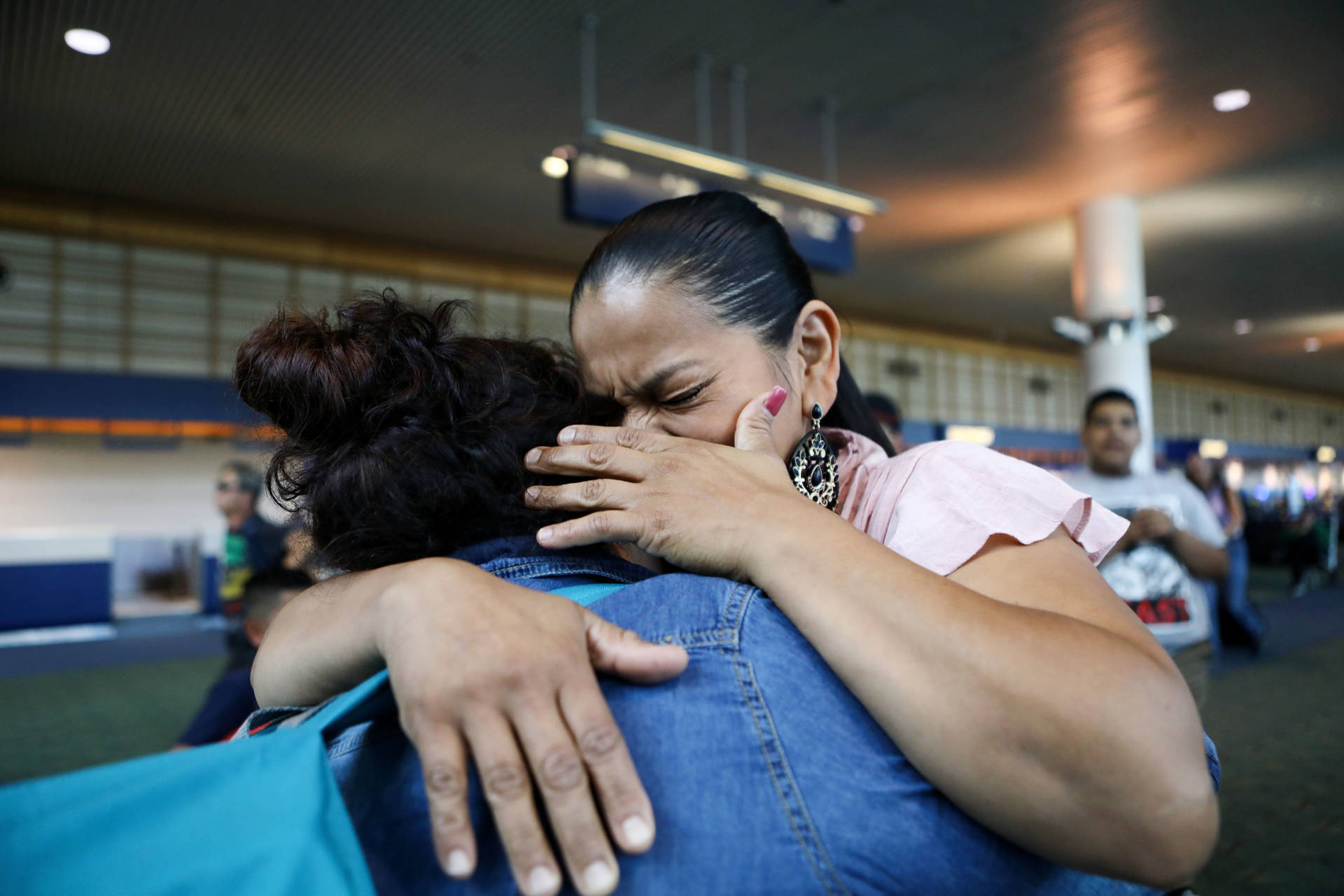It seems likely that thousands more migrant children were split from their families than the Trump administration previously reported, in part because officials were stepping up family separations long before the border policy that prompted international outrage last spring, a government watchdog said Thursday.
It's unclear just how many family separations occurred at the U.S.-Mexico border as immigration officials are allowed under longstanding policy to separate families under certain circumstances. Health and Human Services, the agency tasked with caring for migrant children, did not adequately track them until after a judge ruled that children must be reunited with their families, according to the report by the agency's inspector general.
Ann Maxwell, assistant inspector general for evaluations, said the number of children removed from their parents was certainly larger than the 2,737 listed by the government in court documents. Those documents chronicled separations that took place as parents were criminally prosecuted for illegally entering the country under President Donald Trump's "zero tolerance" policy.
"It's certainly more," Maxwell said. "But precisely how much more is unknown."
Maxwell said investigators didn't have specific numbers, but that Health and Human Services staff had estimated the tally to be in the thousands.
Lee Gelernt, an American Civil Liberties Union attorney who sued on behalf of a mother separated from her son, said the separation policy "was a cruel disaster from the start. This report reaffirms that the government never had a clear picture of how many children it ripped from their parents."
Most of the tens of thousands of children who come into government custody cross the border alone. But the report found that in late 2016, 0.3 percent of children turned over to Health and Human Services had crossed with a parent and were separated. By the summer of 2017, that percentage had grown to 3.6 percent, officials said. The watchdog did not have exact numbers, but the total number of migrant children who passed through the agency's care during the 2017 budget year was 40,810. The separated children had already been released to sponsors, who are generally parents or other close relatives.
The inspector general did not say why the children had been separated before the zero-tolerance policy. Immigration officials are allowed to take a child from a parent in certain cases such as serious criminal charges against a parent, concerns over the health and welfare of a child or medical concerns. That policy has long been in place.

